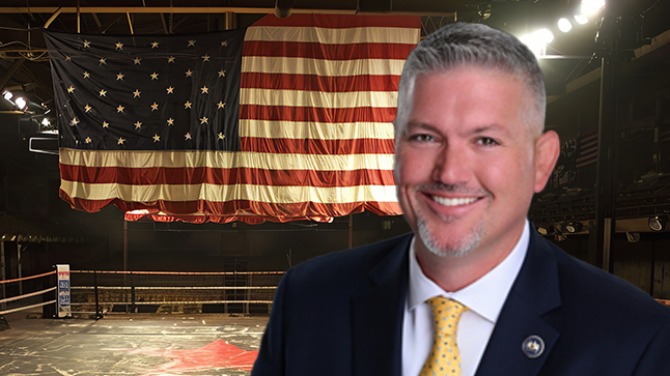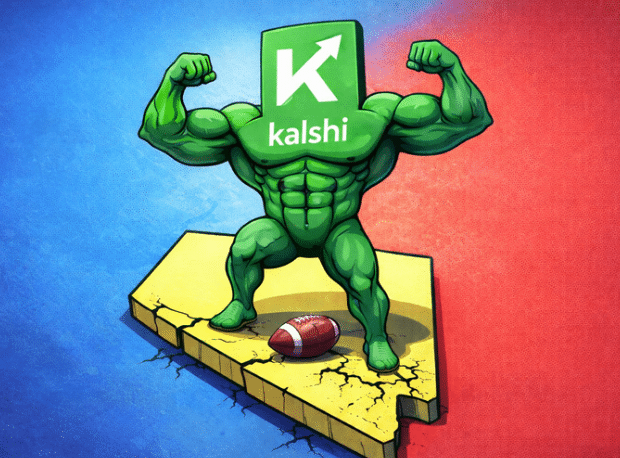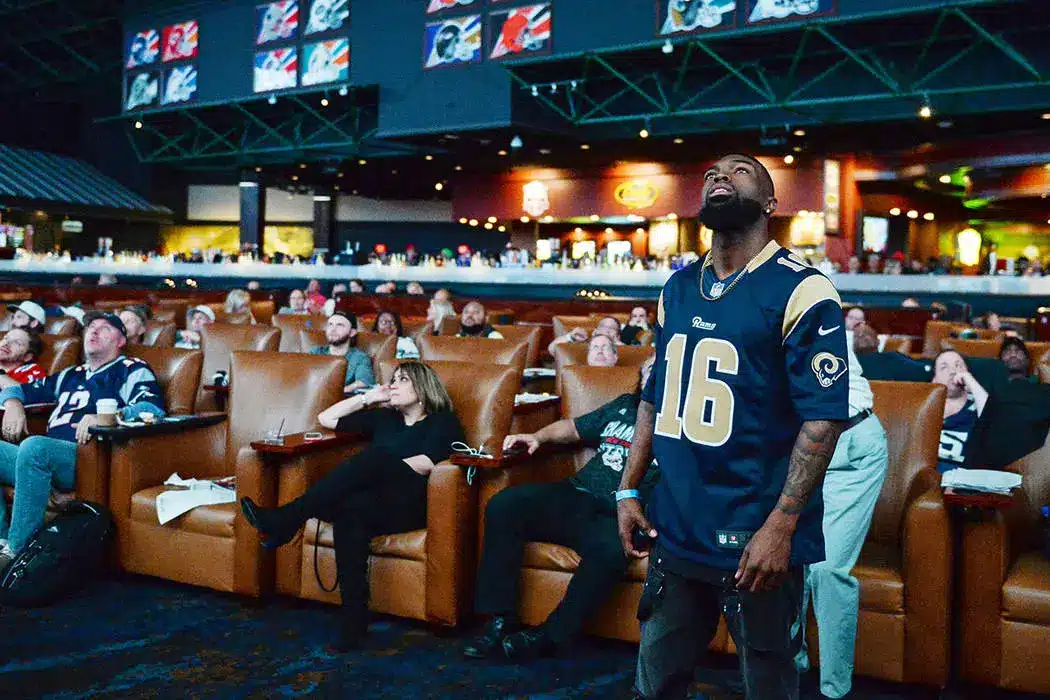
Louisiana Rep. proposes gaming tax increase on sports betting

The state legalized online sports betting in 2022.
Key Points
- Rep. Roger Wilder filed HB22, which would increase the state’s gaming tax from 15% to 51%
- If approved, Louisiana would join New York as having the highest gaming tax in the country
- iDEA Co-Founder Jeff Ifrah shared a statement in response to the proposed tax hike
After the filing of HB22 by Louisiana Rep. Roger Wilder, sports betting companies could begin facing increased costs in order to operate in the state. HB22 would increase the state’s gaming tax from 15% to 51%, putting it on the same level as New York in having the highest tax in the country.
Gov. Jeff Landry’s third special session of 2024 started November 6, this time to overhaul the state’s tax code and make Louisiana more attractive to live in and do business.
The state legalized online sports betting in 2022, most recently generating a $351m handle during the month of September in 2024.
Sports radio show host Hunt Palmer stated that there are millions of dollars to be made from online sports betting in the state and that Louisiana lawmakers likely want more of the profits.
On top of the tax, Wilder also intends to stop companies from offering promotional credits to players. According to the Louisiana Gaming Control Board’s reports, operators handed out $44.4m in promo code credits during the last fiscal year.
Palmer also said that if new measures were to be put into place, operators may begin demanding more from its consumers. One response to seeing a rise in gaming taxes could be to increase the amount operators charge its customers in taxes as well.
Good to know: Louisiana became the 22nd state to offer Fanatics sportsbook after the operator went live on August 15
iDevelopment and Economic Association (iDEA) Co-Founder Jeff Ifrah released a statement in response to HB22 and the proposed tax hike.
“The introduction of HB22, proposing a staggering tax increase on Louisiana’s sports betting industry, marks a drastic and counterproductive shift in policy. This measure, if passed, will make Louisiana one of the highest-taxed sports betting markets in the country, significantly undermining the competitiveness of legal operators in the state,” Ifrah said.
“Such a sharp increase would not only raise costs for operators but ultimately impact consumers, who will bear the brunt through less favorable odds and reduced promotional opportunities.”
Ifrah also spoke on the path he would take in the event the state is looking to increase revenues, having said, “If Louisiana seeks to increase revenues, the path forward should be to expand opportunity, not to suffocate a thriving industry that is already generating economic benefits.
“Legalizing and regulating online gaming would bring an unregulated activity into the fold of consumer protections and complement Louisiana’s established land-based industry, providing a new and substantial revenue stream without additional burdens on businesses or consumers.”
Ifrah and iDEA urged Louisiana lawmakers to reject the tax hike and pursue separate policies that could improve economic impact opportunity and growth.
Tags/Keywords
Players trust our reporting due to our commitment to unbiased and professional evaluations of the iGaming sector. We track hundreds of platforms and industry updates daily to ensure our news feed and leaderboards reflect the most recent market shifts. With nearly two decades of experience within iGaming, our team provides a wealth of expert knowledge. This long-standing expertise enables us to deliver thorough, reliable news and guidance to our readers.






